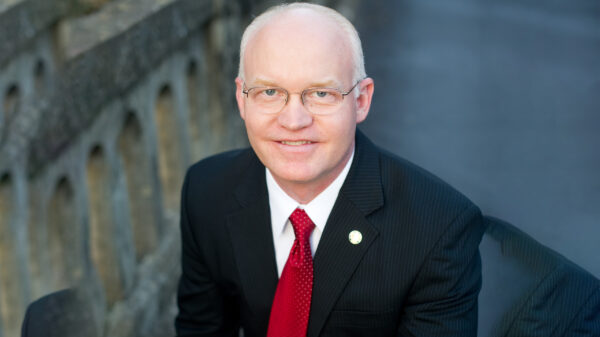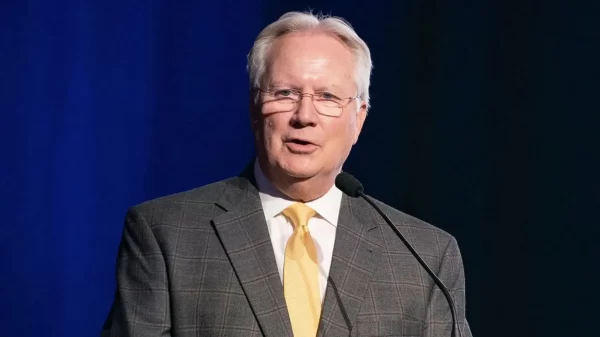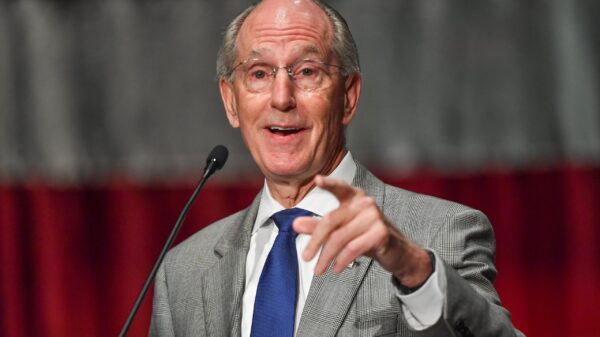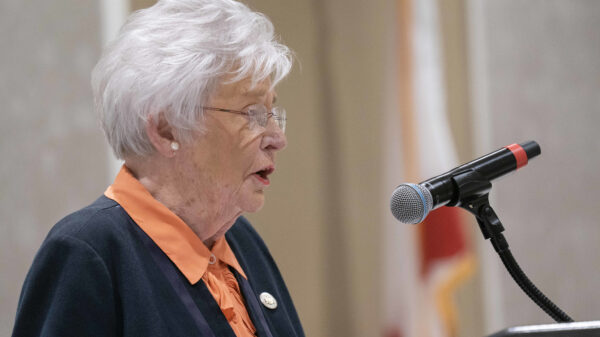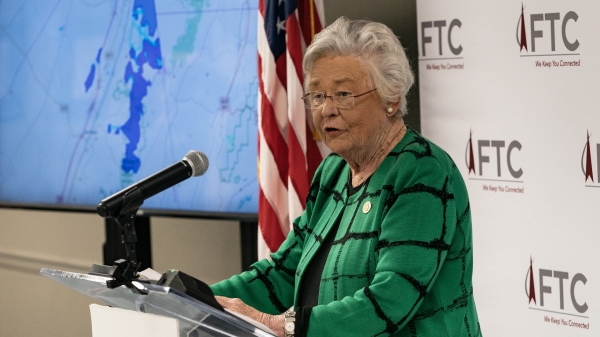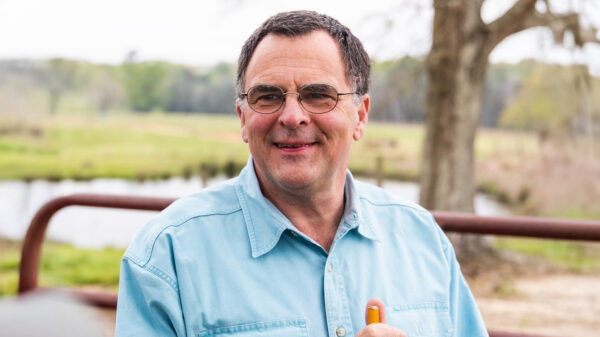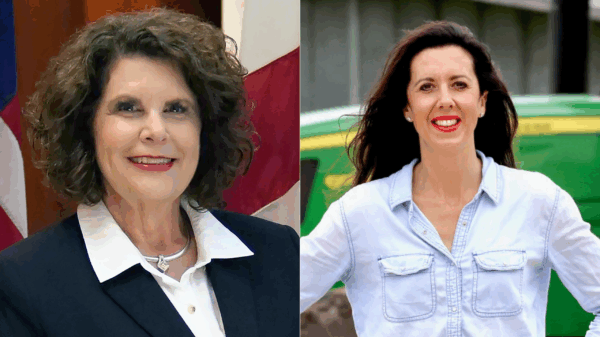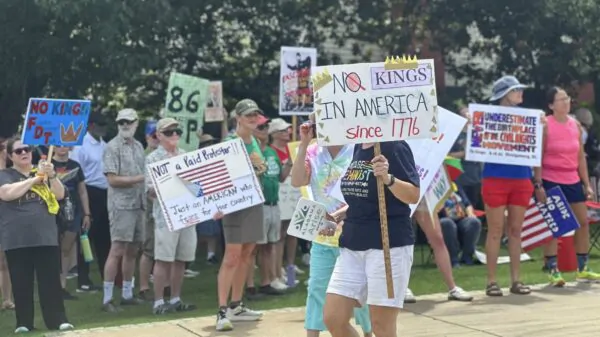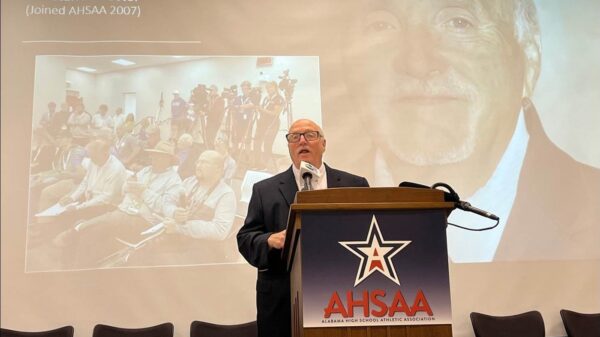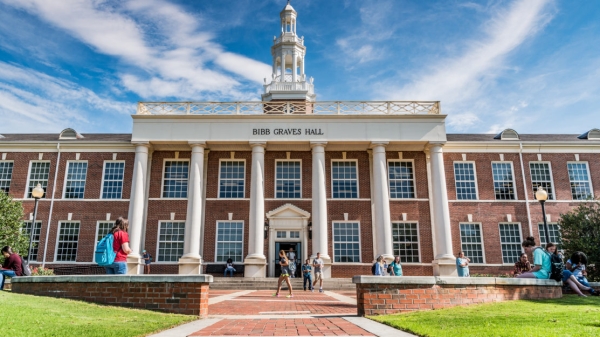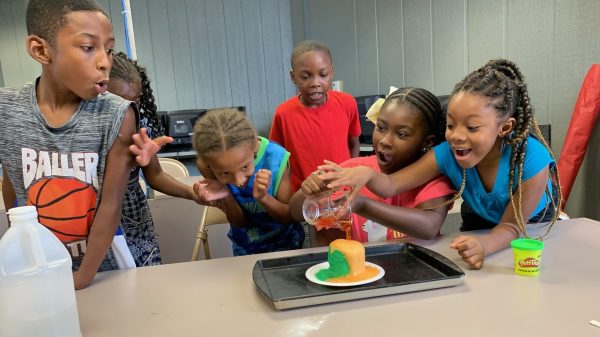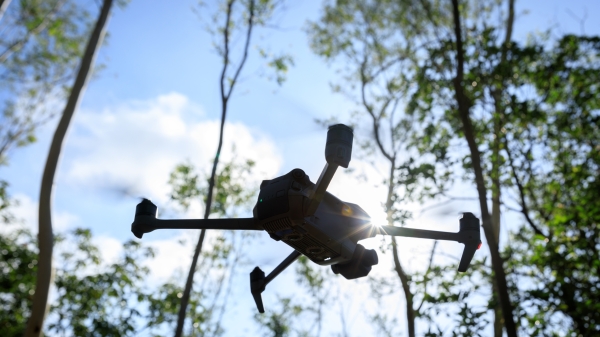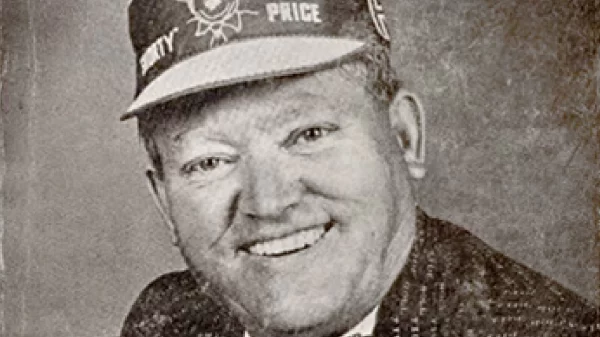The U.S. Supreme Court on Monday rejected an appeal from a Mobile-based fertility clinic seeking to avoid a wrongful death lawsuit over the destruction of a couple’s frozen embryo, a decision that has raised concerns about the future of in vitro fertilization (IVF) in Alabama. The case has sparked alarm among reproductive health advocates, as it signals potential threats to IVF practices in a state already embroiled in controversy over reproductive rights.
The Center for Reproductive Medicine, the clinic at the center of the case, argued that Alabama’s top court had overstepped its bounds by ruling that frozen embryos are legally considered “children” under state law. The ruling stems from the 2021 lawsuit brought by Felicia Burdick-Aysenne and Scott Aysenne, whose one remaining embryo was destroyed when a patient gained unauthorized access to the clinic’s cryogenic storage area and dropped multiple embryos on the floor.
In February, Alabama’s Republican-dominated Supreme Court ruled that the state’s Wrongful Death of a Minor Act applies to unborn children, including frozen embryos, allowing the Aysenne family’s lawsuit to move forward. This decision prompted many IVF providers in Alabama to halt treatments, citing fears of legal repercussions under a now-precarious legal framework.
Health advocates and Democratic officials nationwide expressed concern, holding up the case as further evidence of the erosion of reproductive rights following the U.S. Supreme Court’s 2022 decision to overturn Roe v. Wade. The case has added a new dimension to the debate over reproductive healthcare, extending the conversation from abortion rights to the legal status of embryos created through IVF.
In an attempt to mitigate fallout from the ruling, the Alabama legislature, led by Republicans, quickly passed a law that granted IVF providers immunity from civil and criminal liability. Governor Kay Ivey signed the bill into law in March. However, the Center for Reproductive Medicine argued that the new law, even though it applies retroactively, does not shield the clinic from the ongoing wrongful death suit. The clinic’s lawyers warned that the Alabama Supreme Court’s ruling subjects IVF providers to unprecedented punitive damages for what they describe as the “virtually inevitable” loss of embryos in the course of fertility treatments.
The U.S. Supreme Court’s decision to deny the clinic’s appeal leaves Alabama’s interpretation of the legal status of embryos intact, with the couple’s wrongful death claim set to proceed. The clinic maintains that the Alabama Supreme Court’s ruling violates its constitutional rights under the 14th Amendment’s Due Process Clause, as the decision opens the door to significant legal liabilities that could have long-lasting effects on the availability of IVF services in the state.
As reproductive rights remain a critical issue in the upcoming 2024 elections, the political and legal ramifications of this case are expected to continue to influence the discourse, with Republican candidates, publicly supporting IVF while navigating the broader implications of the Alabama Supreme Court’s ruling.


